Aggression
Pinning down ‘profound autism’ for reliable research: Q&A with Matthew Siegel
A clear and actionable definition for the term could enhance research and improve care, Matthew Siegel says.

Pinning down ‘profound autism’ for reliable research: Q&A with Matthew Siegel
A clear and actionable definition for the term could enhance research and improve care, Matthew Siegel says.
Crowdsourcing to curb aggression in autism: Q&A with Matthew Goodwin
To accelerate the development of real-time behavioral prediction technology, a research team is sharing data and seeking new collaborators.
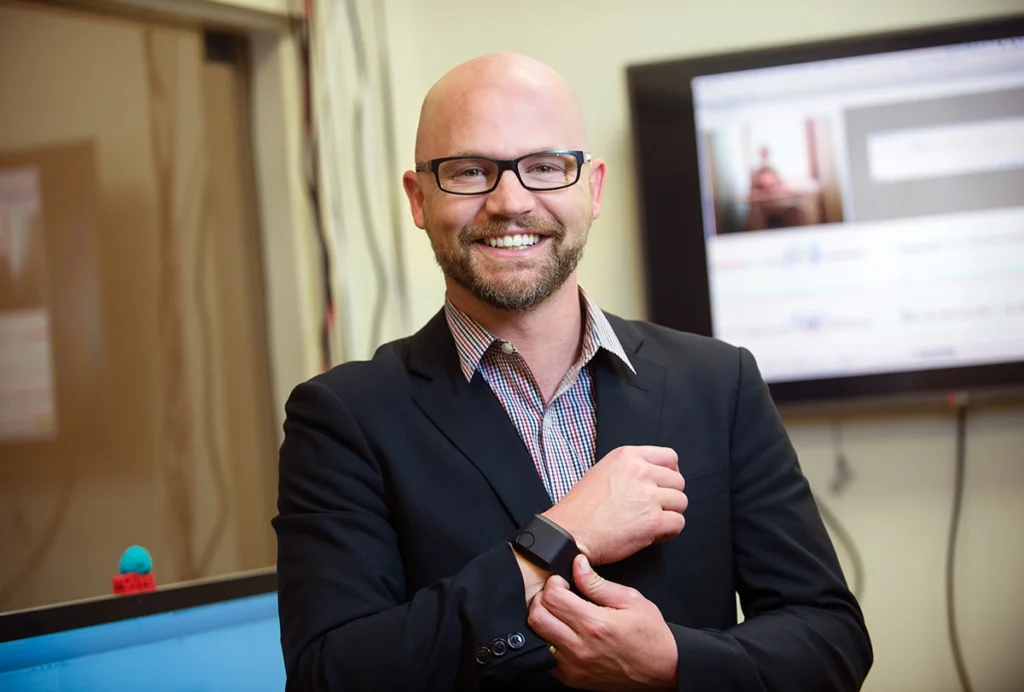
Crowdsourcing to curb aggression in autism: Q&A with Matthew Goodwin
To accelerate the development of real-time behavioral prediction technology, a research team is sharing data and seeking new collaborators.
Emotion dysregulation in autism with Carla Mazefsky
The director of the University of Pittsburgh’s Autism Center of Excellence talks about her new work investigating suicidality in autistic adults.
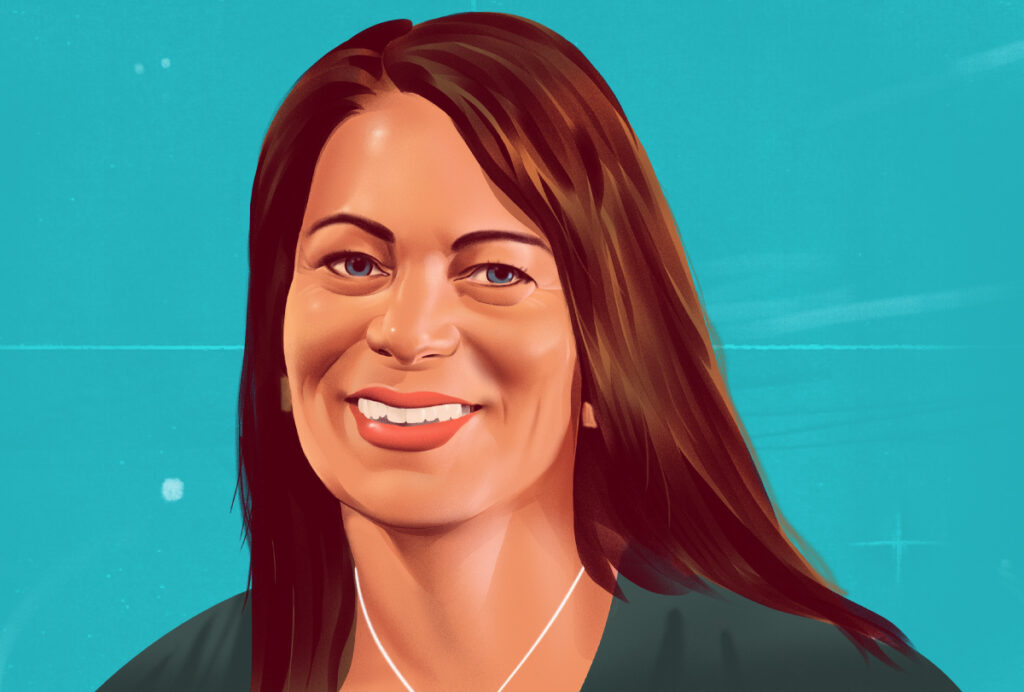
Emotion dysregulation in autism with Carla Mazefsky
The director of the University of Pittsburgh’s Autism Center of Excellence talks about her new work investigating suicidality in autistic adults.
Autism research at the crossroads
The power struggle between researchers, autistic self-advocates and parents is threatening progress across the field.
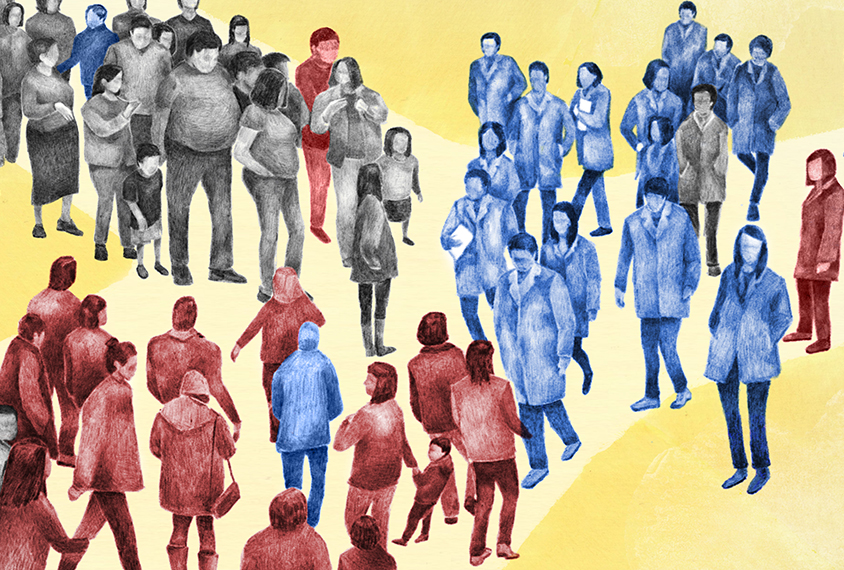
Autism research at the crossroads
The power struggle between researchers, autistic self-advocates and parents is threatening progress across the field.
Applied behavior analysis and autism: Flawed application of a proven science
The field of ABA needs more compassion and individualization.

Applied behavior analysis and autism: Flawed application of a proven science
The field of ABA needs more compassion and individualization.
New program offers $35K grants to study ‘profound autism’
People who have ‘profound autism’ — those with severe intellectual disability, limited communication abilities or both — tend to be excluded from research. The Autism Science Foundation seeks to change that.

New program offers $35K grants to study ‘profound autism’
People who have ‘profound autism’ — those with severe intellectual disability, limited communication abilities or both — tend to be excluded from research. The Autism Science Foundation seeks to change that.
Fever doesn’t ease challenging traits in most autistic children
The findings contradict a previous study, whose design may have been biased to find an effect.
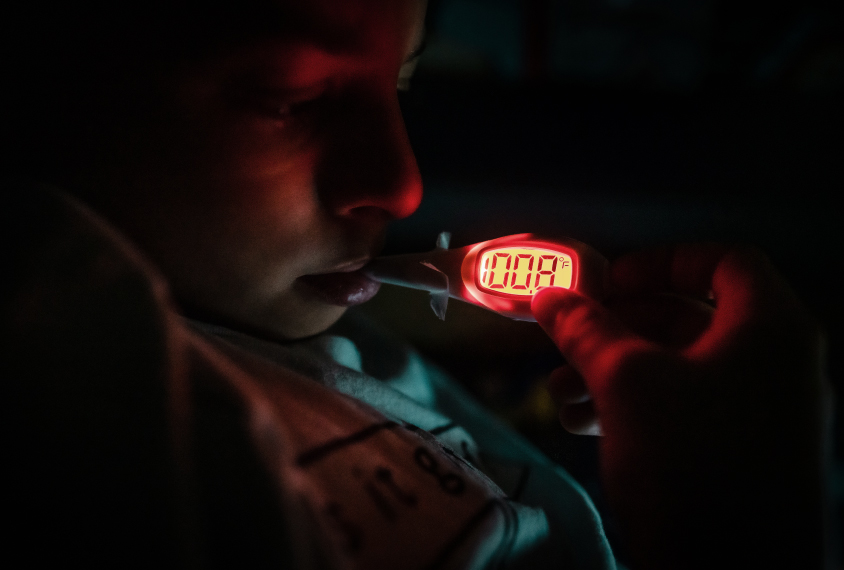
Fever doesn’t ease challenging traits in most autistic children
The findings contradict a previous study, whose design may have been biased to find an effect.
Moving for autism care
Disparities in state services for autism are driving families to relocate. But not everyone can afford to move, and others find that their new home also has faults.
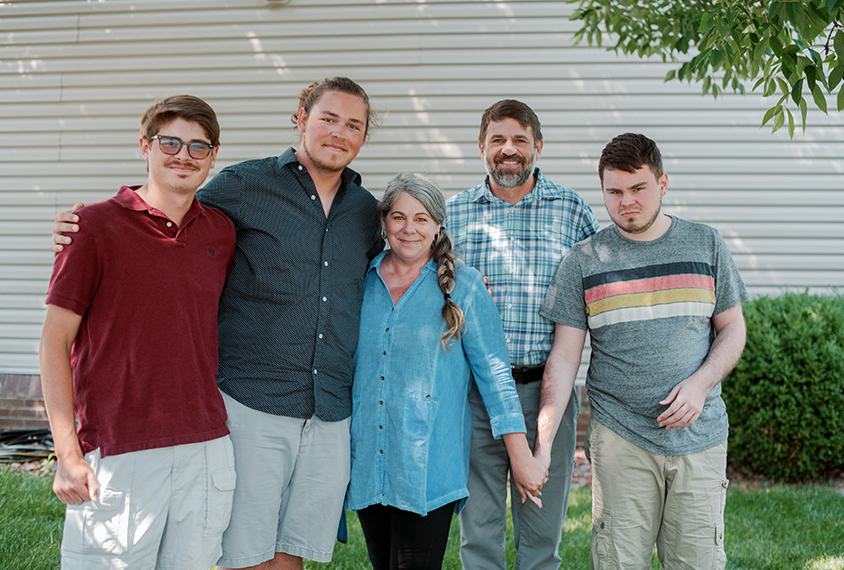
Moving for autism care
Disparities in state services for autism are driving families to relocate. But not everyone can afford to move, and others find that their new home also has faults.
Q&A with Eric Hollander: Cannabis treatments for autism
As cannabis prohibition slowly lifts in the United States, scientists and families in the autism community are increasingly turning to the drug and its constituent compounds to ease autism-related difficulties, including seizures and irritability.
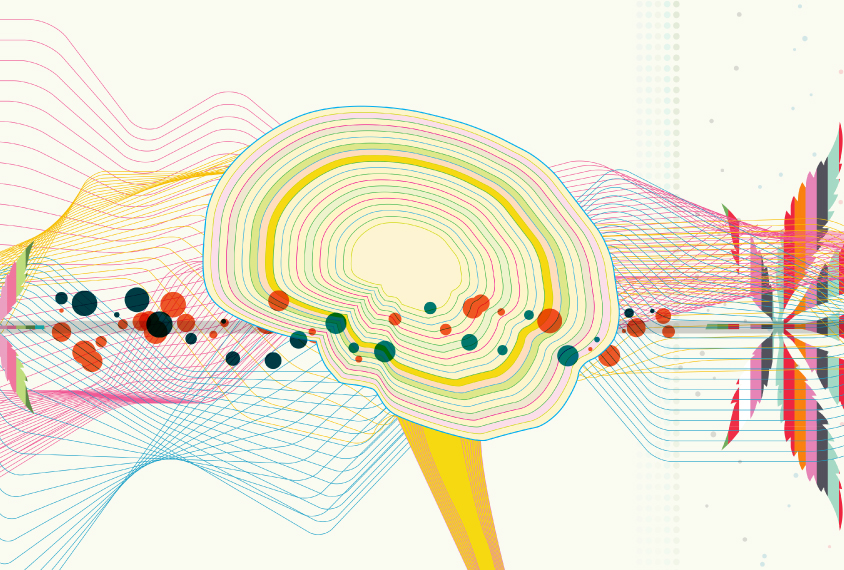
Q&A with Eric Hollander: Cannabis treatments for autism
As cannabis prohibition slowly lifts in the United States, scientists and families in the autism community are increasingly turning to the drug and its constituent compounds to ease autism-related difficulties, including seizures and irritability.
Communication struggles may explain aggression in some autistic boys
Poor communication skills predict aggression in autistic boys, according to a new study. In autistic girls, communication and aggression may not be related.

Communication struggles may explain aggression in some autistic boys
Poor communication skills predict aggression in autistic boys, according to a new study. In autistic girls, communication and aggression may not be related.
Explore more from The Transmitter
New connectomes fly beyond the brain
Researchers are mapping the neurons in Drosophila’s ventral nerve cord, where the central nervous system meets the rest of the body.

New connectomes fly beyond the brain
Researchers are mapping the neurons in Drosophila’s ventral nerve cord, where the central nervous system meets the rest of the body.
Building an autism research registry: Q&A with Tony Charman
A purpose-built database of participants who have shared genomic and behavioral data could give clinical trials a boost, Charman says.

Building an autism research registry: Q&A with Tony Charman
A purpose-built database of participants who have shared genomic and behavioral data could give clinical trials a boost, Charman says.
Cerebellar circuit may convert expected pain relief into real thing
The newly identified circuit taps into the brain’s opioid system to provide a top-down form of pain relief.

Cerebellar circuit may convert expected pain relief into real thing
The newly identified circuit taps into the brain’s opioid system to provide a top-down form of pain relief.